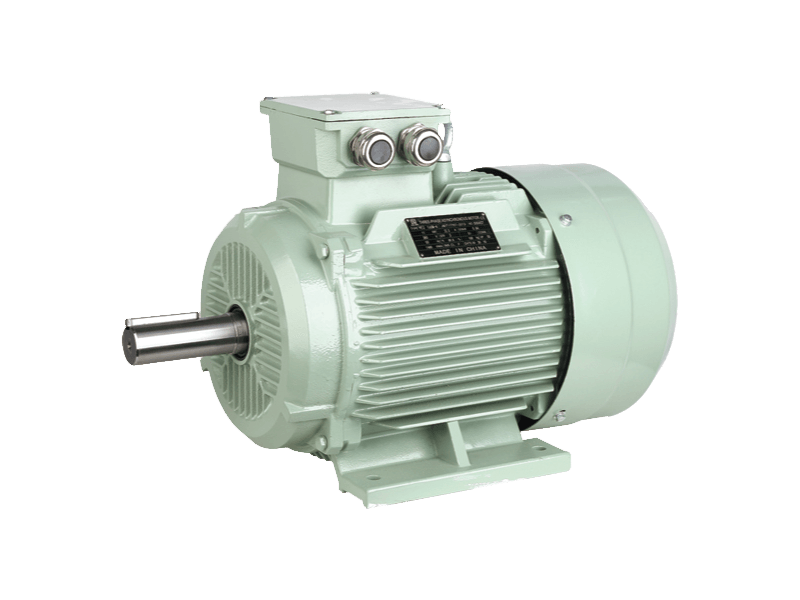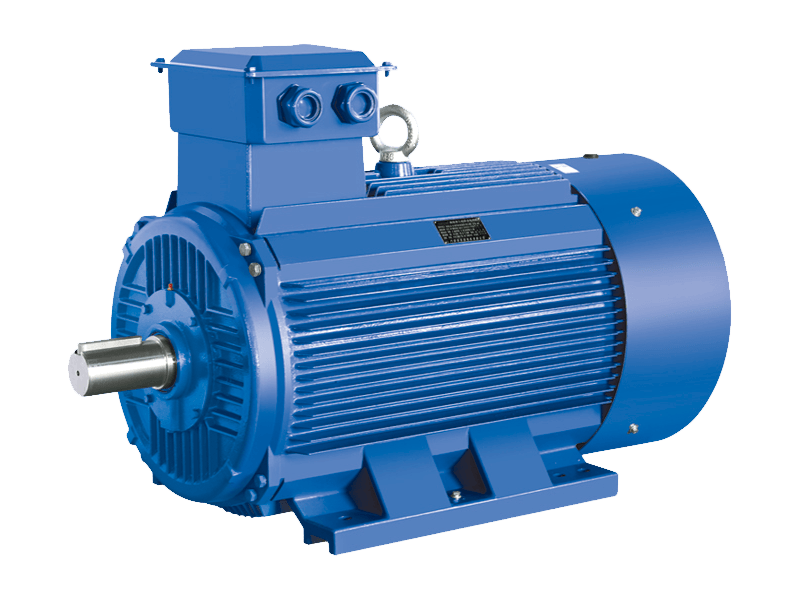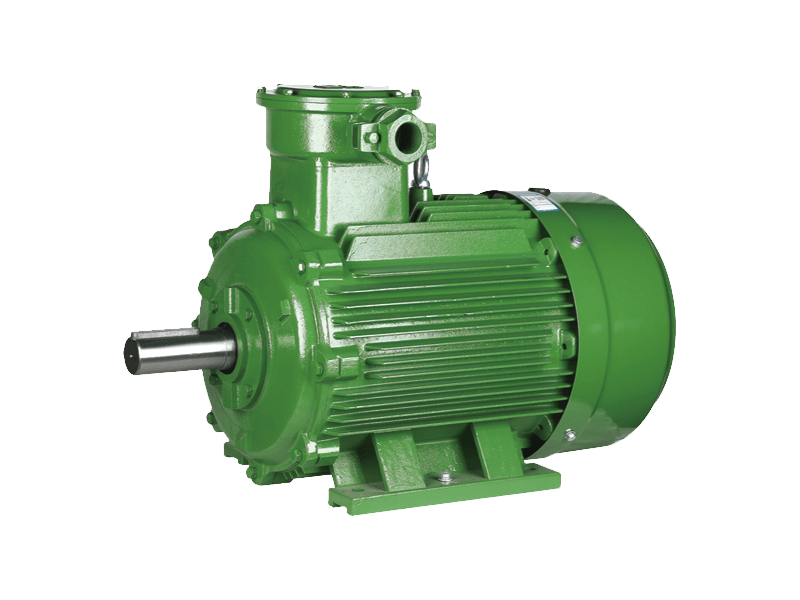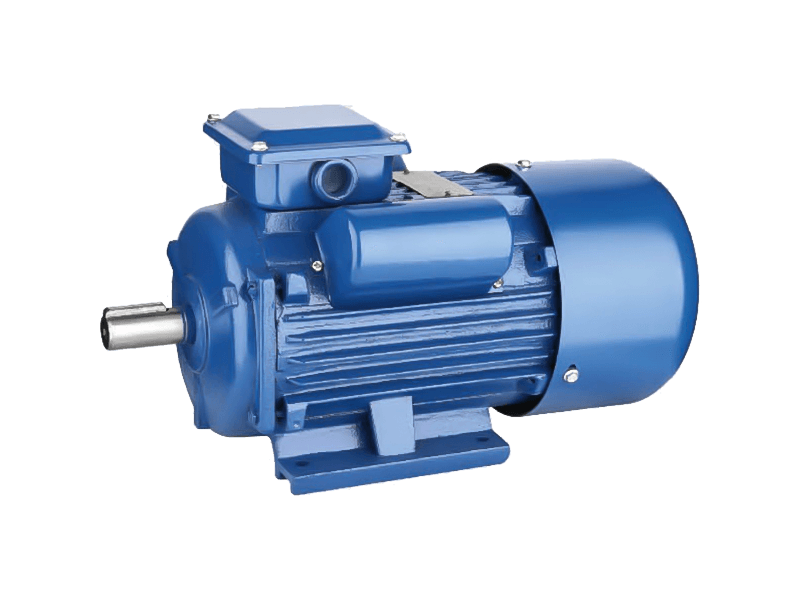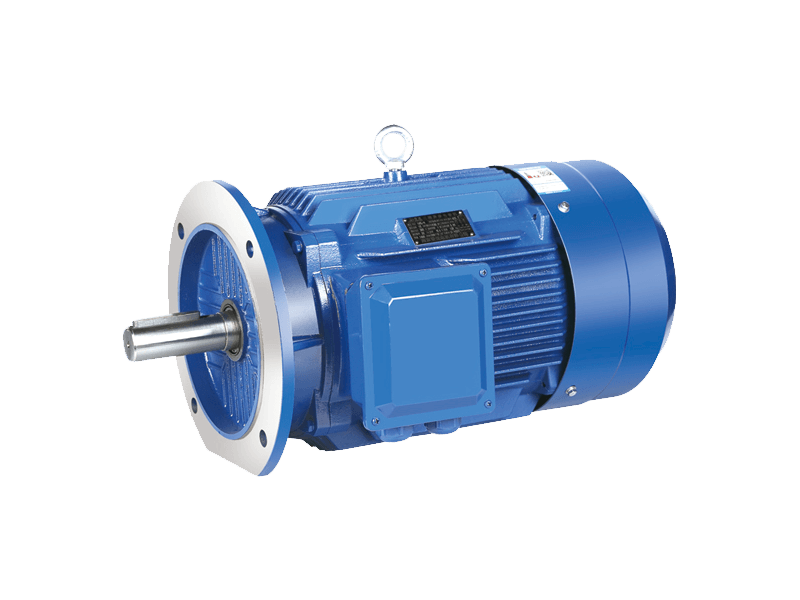As industries worldwide expand into increasingly diverse environments, the demand for electric motors engineered to withstand climate conditions and customized power requirements is surging. Among these, AC motors—known for their efficiency and versatility—are being specifically designed to meet stringent environmental and electrical standards that ensure reliable performance under harsh and variable conditions.
Climate-Resilient Design for High Humidity and Temperature Variations
One of the major challenges in motor operation is dealing with environmental extremes. In locations where humidity can peak at 95% during the wettest months and temperatures swing between -15℃ and 40℃, motors are exposed to conditions that can accelerate wear, corrosion, and electrical faults.
To address this, manufacturers are advancing AC motor designs with enhanced protection and materials that resist moisture ingress and thermal stress:
Sealed Enclosures and Coatings: Motors are equipped with robust sealing techniques and moisture-resistant coatings to prevent water vapor penetration, reducing risks of rust and short circuits.
Corrosion-Resistant Components: Use of stainless steel, treated metals, and corrosion-resistant insulation materials extend motor life in humid environments.
Thermal Management: Improved cooling systems and heat-resistant windings help maintain operating temperatures despite external heat peaks.
These innovations ensure that AC motors remain dependable in climates where humidity and temperature fluctuations are severe, enabling industries such as food processing, textile manufacturing, and chemical plants to maintain continuous operations without costly downtime.
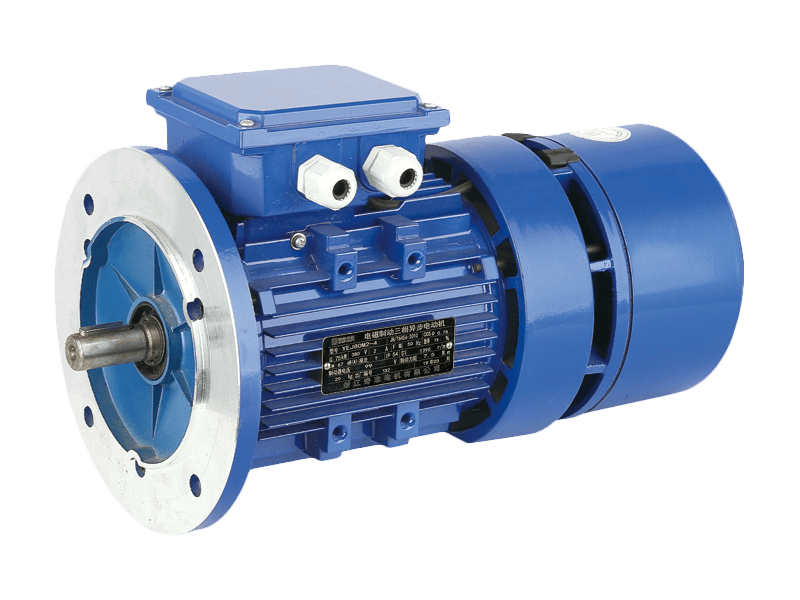
Performance in Temperature Extremes: -15℃ to 40℃
Operating in environments with ambient temperatures as low as -15℃ poses unique challenges, including material contraction, lubricant thickening, and potential condensation inside the motor housing. Conversely, high temperatures up to 40℃ can cause overheating and insulation breakdown if motors are not properly engineered.
Modern AC motors meet these challenges through:
Specialized Lubricants: Cold-resistant lubricants ensure smooth bearing operation in freezing temperatures.
Insulation Upgrades: High-grade insulation materials capable of withstanding temperature stress prevent premature failures.
Adaptive Control Systems: Some motors incorporate sensors and controls that adjust operation based on temperature feedback, preventing overheating or underperformance.
This temperature resilience opens opportunities for motors in cold storage facilities, outdoor agricultural machinery, and industrial plants located in regions with broad seasonal temperature swings.
Rated Voltage and Frequency: 380V, 50Hz Standard with Customization Options
The standard rating for many industrial AC motors remains at 380V and 50Hz, aligning with common electrical grid specifications in Europe, Asia, and many other parts of the world. However, manufacturers are increasingly offering customization to accommodate different voltages and frequencies:
Voltage Range Flexibility: Motors can be engineered to operate efficiently at voltages lower or higher than 380V to match local power supply variations or special applications.
Frequency Adaptability: Designs for 60Hz grids, common in the Americas and parts of Asia, ensure smooth motor performance without compromising lifespan.
Dual-Frequency Models: Some motors feature dual-frequency capability, allowing operation on both 50Hz and 60Hz systems with efficiency loss.
Such adaptability allows multinational companies and OEMs to standardize on fewer motor models, simplifying supply chains and reducing inventory costs.
Industry Applications Driving Demand
The convergence of environmental resilience and electrical flexibility in AC motors is critical for numerous industrial sectors:
Manufacturing: Motors power conveyor belts, pumps, compressors, and machine tools in factories that must operate year-round despite environmental challenges.
Agriculture: Irrigation systems and processing equipment function reliably under humid and temperature-variable outdoor conditions.
Renewable Energy: Wind turbines and solar panel tracking systems require motors that can handle wide temperature ranges and humidity without degradation.

